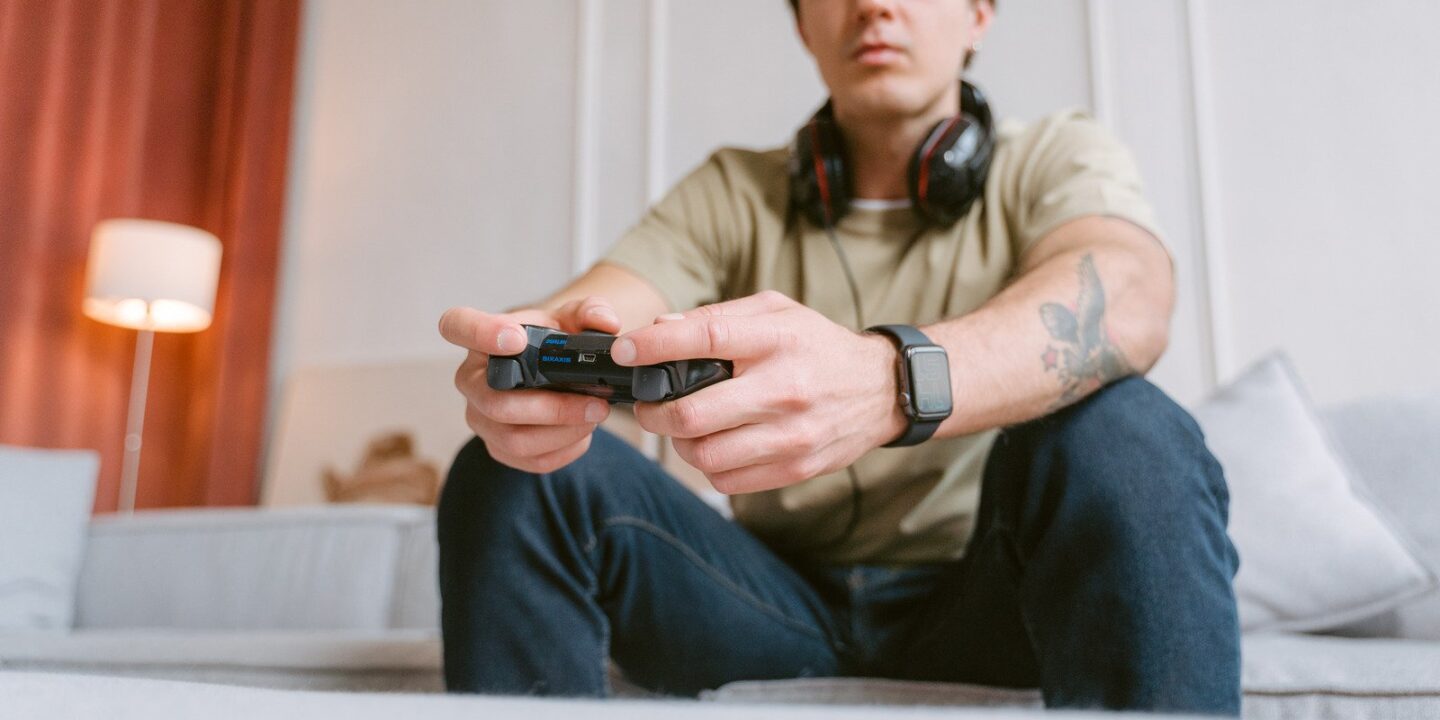
the world of video games
Step into the captivating world of video games, where digital realms blend with reality to create immersive experiences unlike any other. From action-packed adventures to strategic puzzles, video games have become a staple in modern entertainment, captivating players of all ages around the globe. But beyond just being a source of fun and excitement, these interactive virtual landscapes also have a significant impact on our mental health and wellbeing. Let’s dive deeper into the complex relationship between gaming and our minds.
The rise of video game addiction and its effects on mental health
Video games have become a ubiquitous form of entertainment in today’s society, offering immersive experiences and endless hours of gameplay. However, with the rise of video game addiction, concerns about its impact on mental health have also come to light.
Individuals who struggle with video game addiction may experience negative effects on their mental wellbeing. Excessive gaming can lead to social isolation, disrupted sleep patterns, and neglect of real-life responsibilities. This can contribute to feelings of anxiety, depression, and low self-esteem.
The addictive nature of some video games, particularly those with elements like loot boxes or competitive multiplayer modes, can make it challenging for individuals to disengage. As a result, they may find themselves spending excessive amounts of time gaming at the expense of other important aspects of their lives.
It is essential for individuals who enjoy playing video games to be mindful of their habits and ensure that gaming does not interfere with their overall well-being. Seeking support from mental health professionals or joining online communities focused on healthy gaming habits can be beneficial in maintaining a balance between enjoying games responsibly and safeguarding one’s mental health.
Positive impacts of video games on mental wellbeing
Video games have the power to positively impact mental wellbeing in various ways. They offer a sense of escapism, allowing players to immerse themselves in different worlds and stories, providing a break from the stresses of everyday life. The interactive nature of gaming can improve cognitive functions such as problem-solving skills, memory retention, and hand-eye coordination.
Furthermore, multiplayer games facilitate social connections and foster teamwork and communication among individuals. Engaging in online communities within gaming platforms can lead to meaningful relationships and a sense of belonging. Additionally, video games can serve as a source of motivation and accomplishment when players achieve goals or complete challenges within the game.
Moreover, certain genres like puzzle games or relaxation-focused titles can promote relaxation and stress relief. By engaging in these types of games, players can unwind and recharge their minds after a long day. The positive impacts of video games on mental wellbeing should be acknowledged alongside potential concerns about excessive gameplay.
How to balance gaming and mental health
Balancing gaming and mental health is essential for overall wellbeing. Setting boundaries is key – allocate specific times for gaming and stick to them. Take breaks during gameplay to avoid burnout and eye strain.
Engage in other activities outside of gaming to maintain a balanced lifestyle. Physical exercise, socializing with friends, or pursuing hobbies can help keep your mind fresh. Prioritize self-care by getting enough sleep, eating well, and managing stress levels effectively.
Monitor your emotions while gaming – if you start feeling frustrated or anxious, it may be time to step away from the screen. Practice mindfulness techniques such as deep breathing or meditation to stay grounded.
Seek support from loved ones if you feel that gaming is impacting your mental health negatively. Professional help is always available if needed. Remember, moderation is key when it comes to enjoying video games without compromising your mental wellbeing.
Tips for parents on monitoring their children’s gaming habits
As a parent, it’s essential to stay involved in your child’s gaming habits without being overbearing. One tip is to set clear boundaries and limits on screen time. Encourage breaks for physical activity or other hobbies. Keep an open dialogue with your child about the games they play and why they enjoy them.
Another helpful tip is to familiarize yourself with the content of the games your child plays. Check the age ratings and reviews to ensure they are appropriate for their age group. Consider playing together as a way to bond and understand their interests better.
Monitoring online interactions is crucial. Teach your child about internet safety and encourage them to report any bullying or inappropriate behavior. Use parental controls on gaming devices to limit access during certain hours.
Above all, strive for balance rather than restriction when it comes to gaming habits. Stay informed, communicate openly, and foster a healthy relationship with technology in your household.
Gaming as a form of therapy and stress relief
In today’s fast-paced world, finding ways to relax and unwind is crucial for maintaining good mental health. Video games have shown to be an effective tool for many individuals in managing stress and anxiety. The immersive nature of gaming can provide a much-needed escape from real-life pressures, allowing players to focus on something enjoyable and engaging.
Moreover, certain video games are specifically designed to promote relaxation, mindfulness, and even cognitive skills. Games like puzzle-solving adventures or calming simulation games can help reduce stress levels and improve overall mental wellbeing. Additionally, multiplayer online games can foster social connections and create a sense of community among players.
While it’s essential to be mindful of the potential negative impacts of excessive gaming, when done in moderation and with awareness, video games can indeed contribute positively to mental health. So next time you pick up your controller or sit down at your computer for a gaming session, remember that you’re not just having fun – you’re also taking care of your mental wellbeing.






















